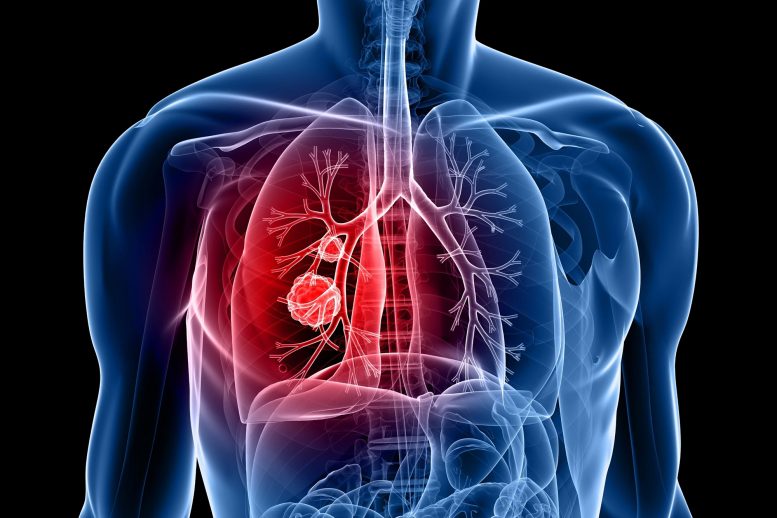
Chinese scientists recently reported the key role of histone acetylation-regulated long noncoding RNA termed as lysosome cell death regulator (LCDR) in tumor survival, providing a potential diagnostic and therapeutic target for lung cancer.
Led by Prof. GAO Shan from the Suzhou Institute of Biomedical Engineering and Technology of the Chinese Academy of Sciences (CAS), these scientists revealed that knockdown of the LCDR in lung cancer cells could promote apoptosis. Results were published in PNAS.
Lysosome is involved in cellular homeostasis and its dysregulation has been linked to various human diseases, including cancer. LncRNAs are noncoding RNAs with lengths longer than 200 nucleotides, whose dysregulation is associated with cancer hallmarks. They drive cancer growth and survival by interacting with DNA, RNA, and protein assemblies, including the heterogeneous ribonucleic acid protein (hnRNP) family, which functions as alternative splicing, RNA stability, translation, etc.
However, whether lncRNAs and/or hnRNPs are involved in lysosome-mediated cancer survival has not been elucidated.
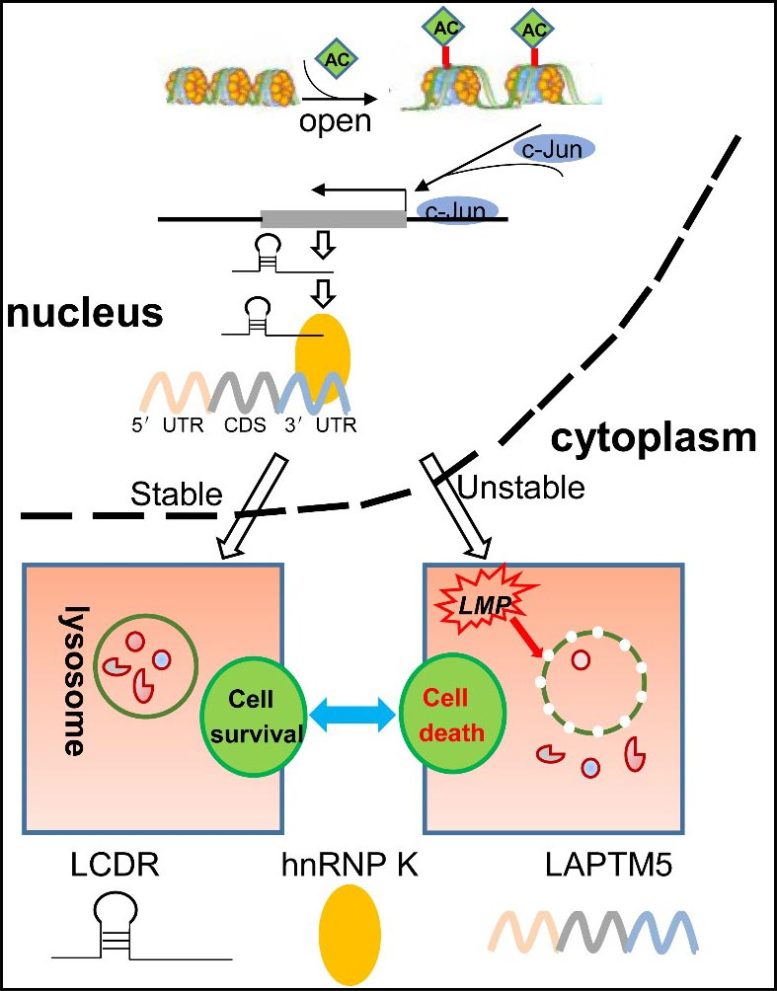
Proposed model for the LCDR/hnRNP K/LAPTM5 axis promoting the pathogenesis of lung cancer. Credit: GAO Shan
In this study, LCDR binds to heterogeneous nuclear ribonucleoprotein K (hnRNP K) to regulate the stability of lysosomal-associated protein transmembrane 5 (LAPTM5) transcript that maintains the integrity of the lysosomal membrane.
According to the researchers, knockdown of LCDR, hnRNP K or LAPTM5 promoted lysosomal membrane permeabilization and lysosomal cell death, thus resulting in apoptosis. LAPTM5 overexpression or cathepsin B inhibitor partially restored the effects of this axis on lysosomal cell death in vitro and in vivo.
Similarly, targeting LCDR significantly decreased tumor growth of patient-derived xenografts of lung adenocarcinoma (LUAD) and led to significant cell death using nanoparticles (NPs)-mediated systematic siRNA delivery.
Moreover, LCDR/hnRNP K/LAPTM5 were upregulated in LUAD tissues, and their co-expression showed increased diagnostic value for LUAD.
These findings shed light on LCDR/hnRNP K/LAPTM5 as potential therapeutic targets and lysosome targeting is a promising strategy in cancer treatment.
Reference: “LCDR Q:0 regulates the integrity of lysosomal membrane by hnRNP K–stabilized LAPTM5 transcript and promotes cell survival” 17 January 2022, Proceedings of the National Academy of Sciences.
DOI: 10.1073/pnas.2110428119
This work was supported by the National Natural Science Foundation of China and the Strategic Pilot Science and Technology Project of CAS etc.

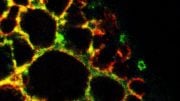

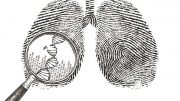
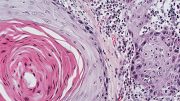
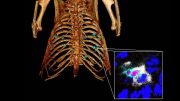
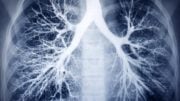
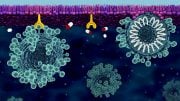
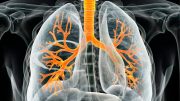
Be the first to comment on "Potential New Diagnostic and Therapeutic Target for Lung Cancer"